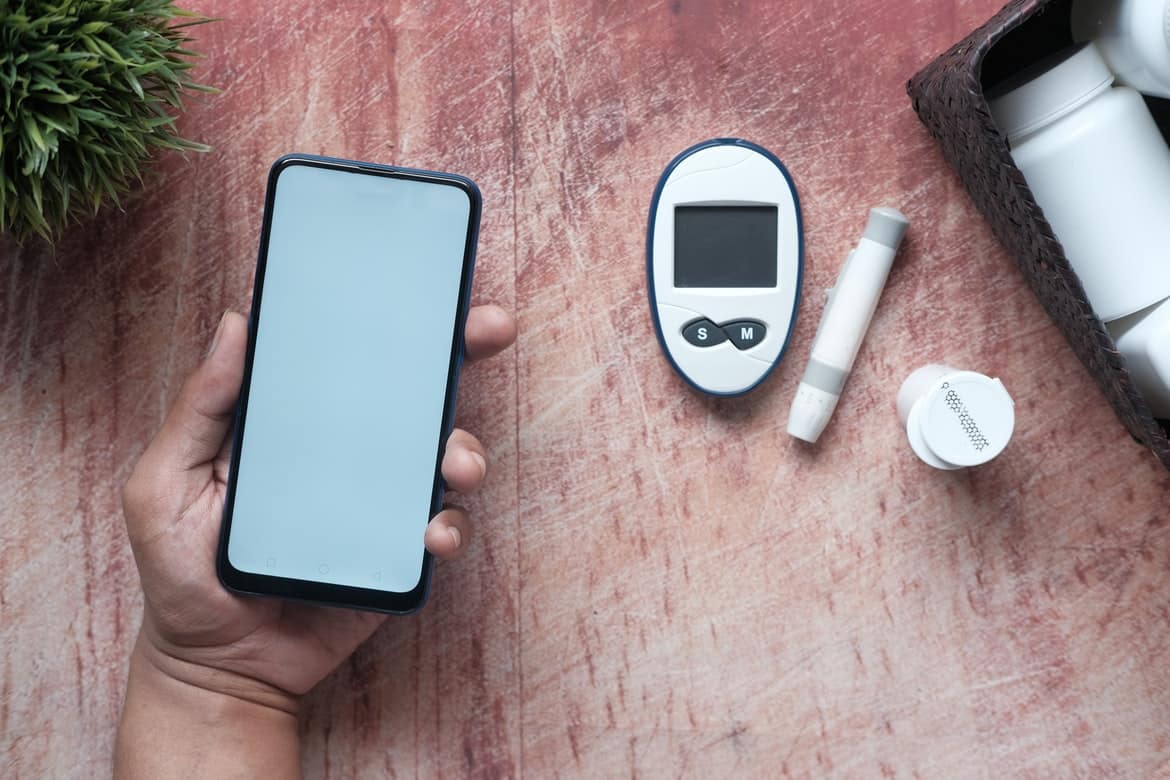
What is Glucose? Glucose is one of the body’s main energy sources. It is a natural type of sugar obtained from carbohydrate foods such as flour foods and fruits. The body, including brain and nervous system cells, needs glucose for energy production. If glucose values are balanced, the body continues its normal functioning. However, if the amount of glucose in the blood falls or rises, serious health problems may develop. Low glucose level (hypoglycemia) can cause many important health problems, especially brain deprivation. High glucose levels (hyperglycemia) can be a symptom of diabetes, which can cause complications such as heart disease, blindness, kidney failure. In both cases, if not treated and necessary precautions are not taken, the consequences are extremely dangerous and deadly. Let’s go over the relationship of glucose to blood sugar.
As soon as the meal is eaten, the digestive system immediately starts working to process the glucose. While the acid and enzymes in the stomach break the food into small pieces, the glucose released is absorbed by the small intestine and enters the bloodstream. This is the reason why glucose is also called blood sugar. Sugar in the blood is transferred to the cells through insulin, one of the hormones produced by the pancreas. The amount of glucose that accumulates in the blood and is not consumed is stored in the liver for one day to be used when needed. Our body processes glucose multiple times a day.
Glucose is a natural type of sugar produced by the body mainly from carbohydrate foods and is the most important energy source for our body. Furthermore, glucose, which is used in the food industry, is obtained by breaking down the starch in agricultural products such as corn and potatoes with chemicals and is very harmful because it mixes directly into the blood.
The glucose test is done to see if the glucose levels in the blood are in the healthy range. If the doctor suspects low or high glucose based on the patient’s complaints, as a result, he or she may order a test. Healthcare providers takes a blood sample from a vein in the arm using a small needle. However, for some glucose blood tests, it may be necessary to drink a sugary beverage beforehand. There is very little risk in having a blood test. There may be mild pain or bruising where the needle was inserted, however, most symptoms go away quickly.
It is made in two ways:
If the results are not normal, it does not necessarily mean that there is a medical condition that needs treatment. Furthermore, high stress and certain medications can affect glucose levels.
Normal values are different in hunger and satiety. According to this:
These normal blood sugar values may vary somewhat in different laboratories, while a different unit of measurement may be used.
The following causes can cause low blood glucose levels:
Other causes of glucose drop are listed below:
Symptoms of low glucose (hypoglycemia) are listed below:
If the symptoms of low glucose become chronic, they should be taken seriously because it can lead to extremely dangerous health problems, from stroke to cerebral hemorrhage, and even cause death. It may also indicate the presence of a condition such as a tumor of the brain, pituitary gland, or hypothalamus.
Hyperglycemia is when glucose levels are higher than normal. If the amount of sugar in the blood is higher than normal, it means that the body cannot process and store the glucose it receives from food through the hormone insulin. Unstorable glucose circulates in the blood, causing high glucose. Furthermore, the pancreas cannot secrete enough insulin. If glucose values in fasting blood sugar are between 100-125 mg/dL, it indicates latent sugar. However, a value above 126 mg/dL indicates diabetes. When glucose values in postprandial blood sugar are above 200 mg/dL, it usually indicates diabetes. Furthermore, if high glucose is seen in a person with diabetes, it means that the disease is not under control.
Causes of high glucose levels are listed below:
Symptoms of high glucose levels are listed below:
What Diseases Does High Glucose Cause?
This website uses cookies.